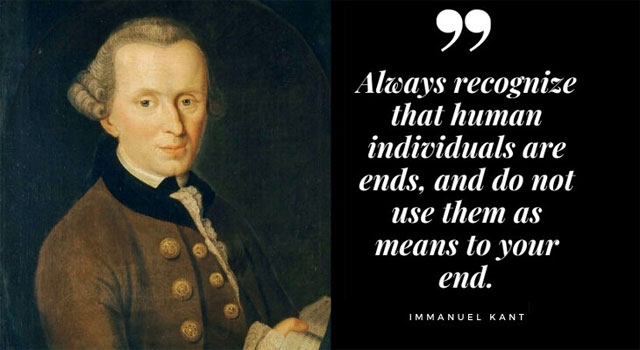Respect is an abused word. Weak minds use it as a placeholder for fear. Weak egos will demand it up front. Weak hearts will use it to attach themselves to people of bluster, wishing they could be so outspoken.
|
ADVERTISEMENT |
We could do with a few more conversations about respect.
We can see here, sadly, that our focus on respect is at an all-time low (or at least as of the last 220 years). We should do something about this.
Respect for other people, in this lens, is at the heart of lean and agile. But neither explicitly builds respect into its means and methods. Respect for other professionals is required in any healthy system of work. Anything short is abuse or slavery.

When we use respect as a lens, we are constantly asking ourselves, “How is the individual affected by this system?” “How are these professionals able to grow in this system?” “How does the system improve under the influence of these people?”
We are respecting capability—that the professionals in the system can and should be excellent participants in and caretakers of the system we are creating.
…

Add new comment